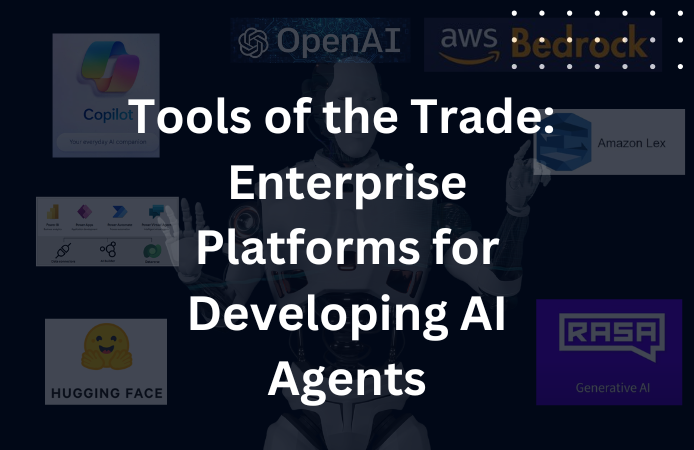The Ethics of AI: What You Need to Know

As artificial intelligence (AI) continues to advance at a rapid pace, we must address the ethical implications that accompany this transformative technology. AI has the potential to revolutionize industries, improve efficiency, and enhance our daily lives. However, AI can pose significant risks and challenges without proper ethical guidelines and considerations. In this article, we will delve into the critical aspects of AI ethics, exploring its importance, current issues, and the principles that should guide its development and deployment.
The Significance of AI Ethics
AI is no longer just a concept confined to science fiction; it has become an integral part of our society. From autonomous vehicles to personalized recommendations, AI systems shape various aspects of our lives. With this pervasive influence, it becomes crucial to establish a comprehensive ethical framework to ensure that AI aligns with our core human values.
Transparency and Explainability

One of the fundamental concerns surrounding AI ethics is the lack of transparency and explainability in AI systems. Deep learning algorithms, for instance, can be highly complex and challenging to interpret, leading to opaque decision-making processes. This opacity can hinder our ability to understand and trust AI systems. To address this, organizations should prioritize developing AI models that are explainable and understandable. By fostering transparency, we can ensure that AI systems can be held accountable for their decisions, promoting fairness and preventing unintended biases.
Accountability and Responsibility
AI systems are designed to learn from vast amounts of data, which raises questions about accountability and responsibility. When an AI system decides or takes an action, who should be held responsible for the outcome? Should it be the developers, the organization deploying the AI, or the AI system itself? Establishing clear lines of accountability and responsibility is crucial to ensure ethical behavior in AI. Organizations should implement robust governance mechanisms and frameworks to address potential risks and assign accountability appropriately.
Privacy and Data Security

AI heavily relies on data, often collected from individuals, to make accurate predictions and decisions. As AI technology becomes more advanced, it is essential to address the privacy and data security concerns associated with its use. Organizations must prioritize securing personal data, obtaining informed consent, and implementing stringent data protection measures. Striking the right balance between utilizing data for AI advancements and safeguarding individual privacy is critical in building public trust and upholding ethical standards.
Fairness and Bias Mitigation
One of the most critical challenges in AI ethics is addressing the potential biases embedded in AI systems. Bias can be unintentionally perpetuated through biased training data or biased algorithm design. These biases can lead to unfair treatment and discrimination, exacerbating existing social inequalities. To promote fairness, organizations should invest in robust data collection practices and employ diverse and inclusive teams when developing AI systems. Implementing bias mitigation techniques and continuous monitoring can help ensure that AI systems do not perpetuate harmful biases.
Societal Impact and Human Agency

AI’s impact on society is vast, ranging from job displacement to shifts in power dynamics. It is crucial to consider the broader societal implications of AI and preserve human agency in decision-making processes. Stakeholder engagement, including public consultations and multi-disciplinary collaborations, can help incorporate diverse perspectives and mitigate potential negative consequences. Additionally, proactive measures should be taken to ensure that AI technology benefits all members of society, including marginalized communities, and does not further exacerbate existing inequalities.
Conclusion
As AI technology advances, the ethical considerations surrounding its development and deployment become increasingly important. Establishing robust AI ethics frameworks is crucial to ensure that AI aligns with our values and serves the best interests of society. Transparency, accountability, fairness, and societal impact must be at the forefront of AI development. By incorporating these principles, we can harness the potential of AI while safeguarding against unintended consequences and ethical dilemmas. As we navigate this transformative era of AI, organizations, and policymakers need to work together to shape an ethical future that maximizes the benefits of AI while upholding our fundamental human values.


